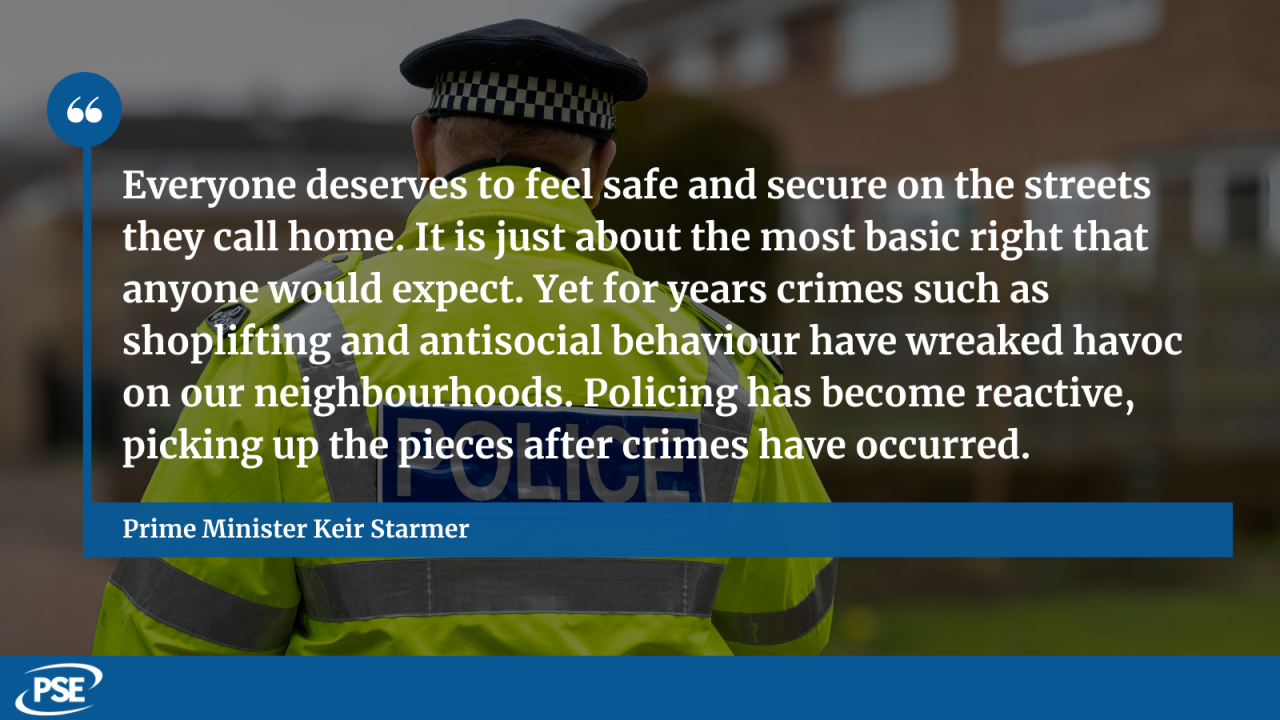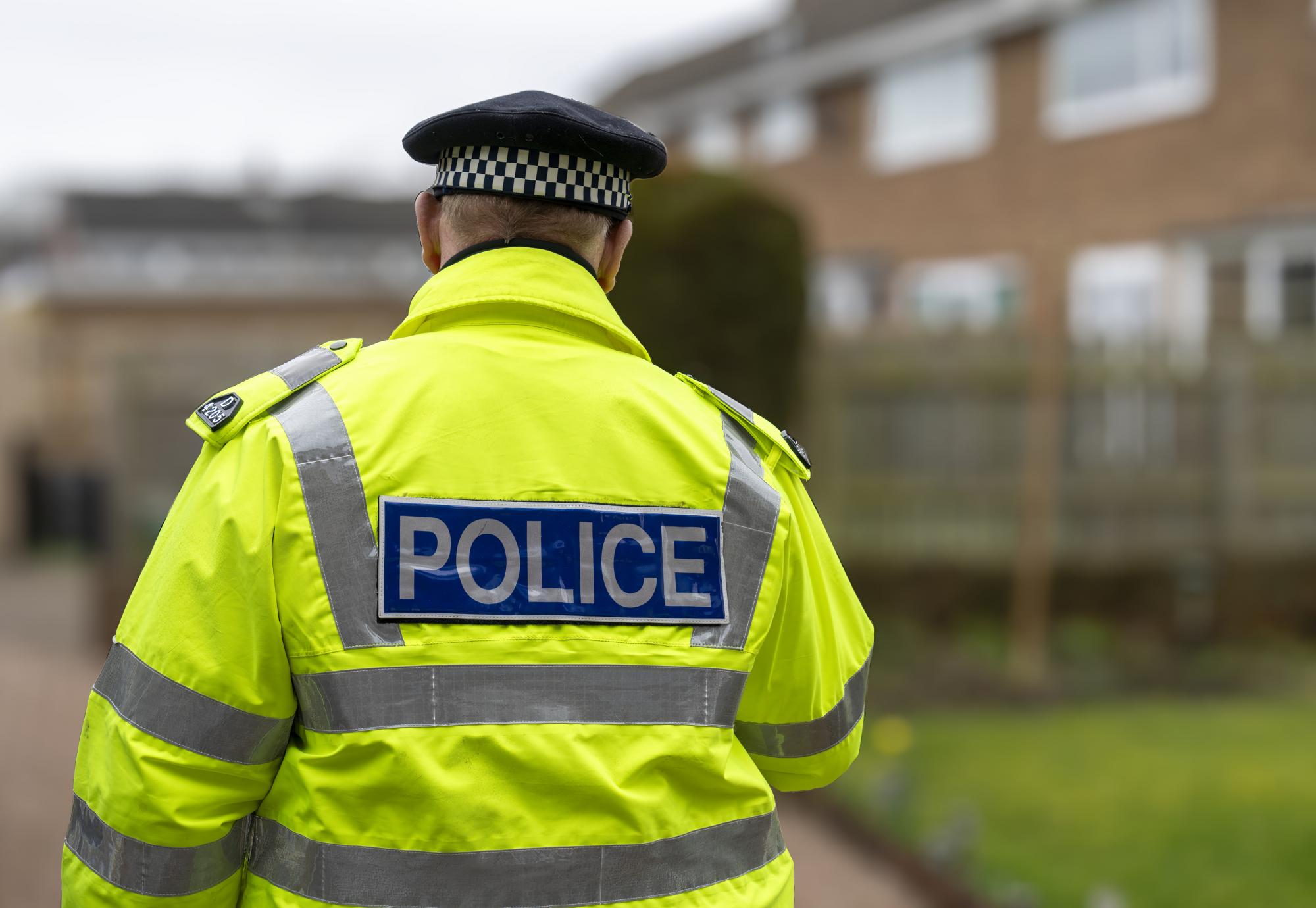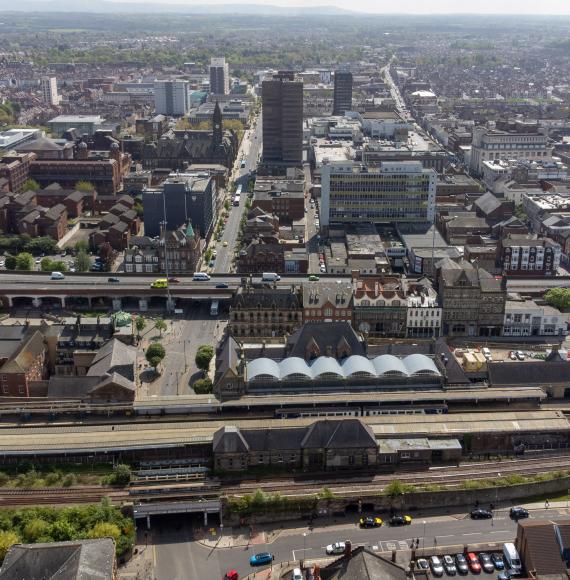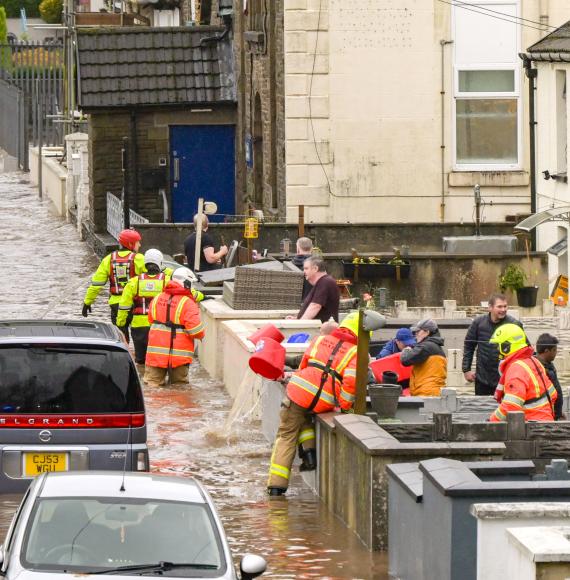The Prime Minister has announced a comprehensive plan to restore trust in local policing and enhance community safety by rolling out the Neighbourhood Policing Guarantee.
This initiative aims to end the postcode lottery on law and order by ensuring every community has dedicated and specialist neighbourhood policing teams.
The Prime Minister emphasized that security is fundamental for working families, but visible policing has significantly declined over the past decade. The number of people regularly seeing officers patrolling their local areas has halved, with 90% of crimes left unsolved and one million incidents of antisocial behaviour reported last year.
The Neighbourhood Policing Guarantee will focus on crime prevention, reducing the likelihood of minor offences escalating into serious crimes. By 2029, the plan will introduce 13,000 more officers into neighbourhood policing roles, increasing the number by over 50%. The initial focus will be on establishing named local officers, targeting town centre crime, and rebuilding neighbourhood policing.

Prime Minister Keir Starmer said:
“Everyone deserves to feel safe and secure on the streets they call home. It is just about the most basic right that anyone would expect. Yet for years crimes such as shoplifting and antisocial behaviour have wreaked havoc on our neighbourhoods. Policing has become reactive, picking up the pieces after crimes have occurred.
“Britain deserves better. It should not matter where you live – everyone deserves local, visible policing they can trust, and with our Neighbourhood Policing Guarantee we will end this postcode lottery, putting prevention back at the heart of policing and ensuring police are back on the streets.
“That’s why our Plan for Change is delivering security for working people in their communities with a return to neighbourhood policing, putting thousands of bobbies back on the beat and keeping people safe.”
Key measures include:
- Each neighbourhood will have named, contactable officers to address local issues, restoring trust in policing and ensuring no community feels ignored.
- Dedicated teams in every neighbourhood in England and Wales will patrol town centres and hotspot areas during peak times, such as Friday and Saturday nights.
- A dedicated antisocial behaviour lead in every force will work with residents and businesses to develop tailored action plans to tackle high levels of antisocial behaviour.
For the first time in 15 years, communities will be able to hold police forces accountable and expect a minimum standard of policing. The new Police Standards and Performance Improvement Unit will ensure consistent and accurate measurement of police performance, narrowing the gap between the best and worst-performing forces. A new online tool will allow the public to check local police performance and hold forces accountable.
Yvette Cooper, Home Secretary, also commented:
“The heartbeat of our Great British policing tradition is seeing bobbies on the beat, but for too long, too many communities have been feeling abandoned as crime soared and neighbourhood police disappeared, even when local crimes like shop theft, street theft or blatant drug dealing rose sharply.
“That’s why this government is determined to get police back on the beat and into our town centres.
“It should not matter where you live – everyone deserves local, visible policing they can trust, and with our Plan for Change and Neighbourhood Policing Guarantee we will tackle this postcode lottery and restore policing to our communities.”
The Crime and Policing Bill will introduce new powers for police to tackle community-specific crimes, including Respect Orders to address persistent antisocial behaviour and the power to seize disruptive vehicles. The Bill will also remove the effective immunity for theft of goods below £200 and enable police to pursue phone thieves more effectively.
Through the Plan for Change, the government is committed to making towns and communities safer places to live, work, and visit, restoring confidence in local policing.
Image credit: iStock



















